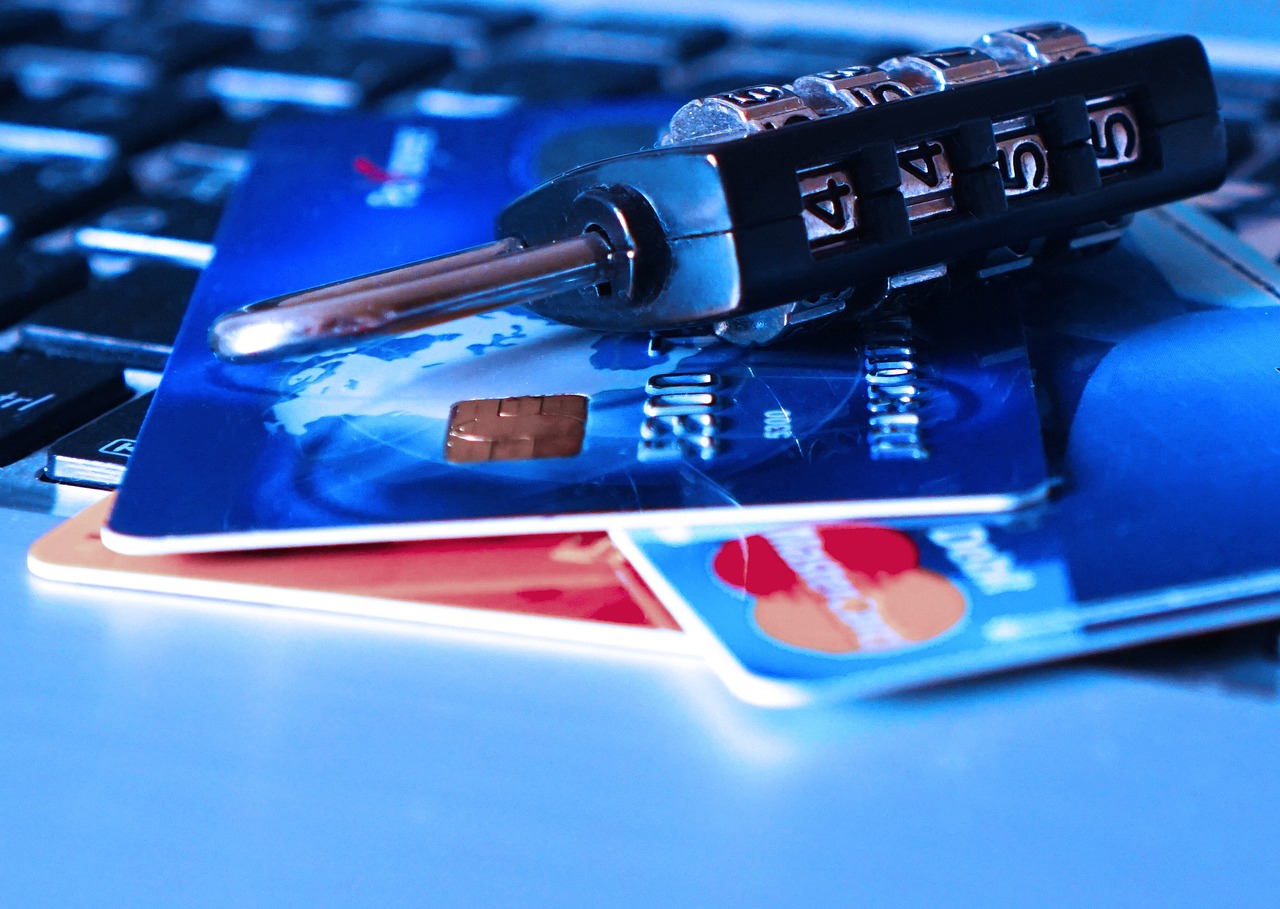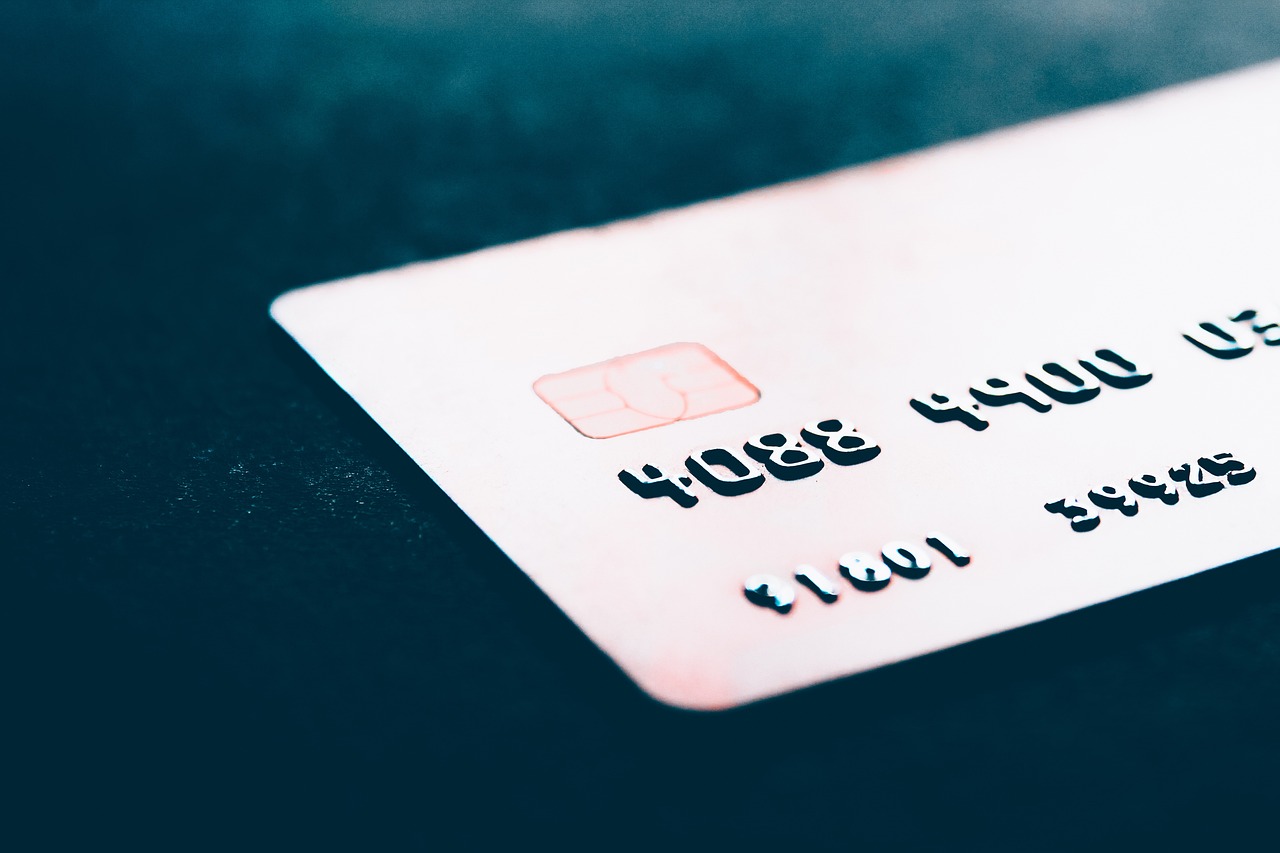
Transforming Your Financial Health with Simple Adjustments
By: Marina Lima (marinalima@mabviral.com)
Introduction
In today’s ever-changing financial landscape, managing household expenses has become more crucial than ever. With inflation rising and high-interest credit card debt weighing down many families, finding effective ways to save money is a priority. It’s often the small changes that can have the most significant impact on our financial well-being. This article explores household economy and small changes that make a big difference, providing practical tips to improve your financial situation and reduce unnecessary expenses.
A Transformative Journey Toward Financial Awareness
Let’s delve into the story of Lucas, a dedicated husband and father of two. He had always been diligent about managing his family’s finances, yet, over time, he noticed their expenses creeping higher. Each month, high-interest credit card charges seemed to devour his paycheck, creating stress and uncertainty. Despite earning a steady income, Lucas struggled to make ends meet, particularly as inflation drove up prices on everyday goods and services.
Facing this reality, Lucas decided to take charge of his household economy. With determination, he set out to identify the areas where small changes could lead to substantial savings. He began tracking his family’s spending, categorizing expenses, and scrutinizing every dollar that left their accounts. Lucas realized that many expenses, once seen as insignificant, were adding up to a staggering amount. This newfound awareness ignited a transformation, leading him to implement simple, effective strategies that dramatically improved his family’s financial health.
Practical Tips for Household Economy
- Create a Monthly Budget:
- The foundation of a good household economy starts with a budget. Lucas established a monthly budget that clearly outlined his income and expenses. By categorizing spending and setting limits, he created a road map for financial success. This ensured that no expenditures went unchecked, making it easier to identify areas for improvement.
- Reduce Credit Card Usage:
- High-interest credit card debt can be a financial trap. Lucas made a conscious effort to limit his credit card usage. He switched to cash or debit for everyday purchases, significantly reducing the temptation to overspend. By monitoring credit card usage, he was able to avoid accruing high-interest charges that could derail his budget.
- Automate Savings:
- Setting up automatic transfers to a savings account each payday became a game-changer for Lucas. By treating savings as a non-negotiable expense, he gradually built an emergency fund. This financial cushion allowed him peace of mind, especially during times when unexpected expenses arose due to rising inflation.
- Plan Meals and Grocery Shopping:
- Food expenses can take a substantial bite out of any household budget. Lucas began meal planning each week, creating a grocery list focused on essential items. He discovered that shopping with a list not only minimized impulse purchases but also allowed him to make use of sales and discounts, thereby saving money on groceries.
- Cut Unnecessary Subscriptions:
- After reviewing his expenses, Lucas found several subscriptions he no longer used — streaming services, gym memberships, and specialty subscriptions. Canceling these services allowed him to redirect that money toward more important financial goals, such as paying off his credit card debt or saving for a family vacation.
- Embrace DIY Solutions:
- For many household projects, a little creativity can save a lot of money. Lucas started taking on minor repairs and projects at home, from fixing leaky faucets to painting rooms. By embracing DIY, he reduced the need for professional services, allowing him to invest that money elsewhere, like into paying down high-interest credit card debt.
- Comparison Shop for Insurance:
- Lucas learned that shopping around for insurance could yield notable savings. By comparing rates on car and home insurance policies, he found a better deal that saved him hundreds each year. This small adjustment in his approach to household expenses made a significant difference in his overall budget.
- Utilize Energy Savings:
- Reducing utility bills is another way to improve household economy. Lucas implemented energy-saving habits, such as turning off lights when leaving a room and unplugging devices when not in use. He also researched energy-efficient appliances for when his older appliances needed replacement, which would ultimately lower utility costs over time.
- Cut Down on Luxuries:
- While it’s important to enjoy the fruits of your labor, excessive spending on luxuries can strain your budget. Lucas started prioritizing experiences over material purchases, opting for family outings that didn’t rely on spending. By seeking low-cost or free activities, he created cherished memories while keeping their budget intact.
- Seek Financial Education:
- Lucas made it a point to educate himself and his family about personal finance, attending workshops and reading books on budgeting and saving. This financial literacy empowered him to make informed decisions, and he passed this knowledge on to his children, ensuring they also understood the importance of managing money wisely.
Common Doubts About Household Economy
- Can small changes really lead to significant savings?
- Absolutely! Small, consistent adjustments in your spending habits can accumulate into substantial savings over time.
- What if I have high debts?
- Focus on prioritizing debt repayment alongside implementing these changes. Reducing unnecessary spending can free up funds to pay down high-interest debt more quickly.
- How do I avoid feeling restricted by a budget?
- Understand that budgeting is not about restriction but empowerment. A good budget allows for freedom in spending while keeping you aligned with your financial goals.
Frequently Asked Questions (FAQs)
- How can I start tracking my expenses?
Begin by keeping a detailed record of every expense for a month, categorizing them by type, and then analyzing where you can cut back. - Is it better to save or pay off debt first?
It often depends on your financial situation. If your credit card debt has high-interest rates, focus on paying that off first while still saving a small amount for emergencies. - What tools can I use to manage my budget?
Consider using budgeting apps like Mint or YNAB, spreadsheets, or even pen and paper to maintain financial accountability.
Summary
Adopting small changes in your household economy can significantly improve your financial situation, especially in times of inflation and rising costs. Through a combination of budgeting, mindful spending, and financial education, individuals can create a more secure financial future. Lucas’s journey illustrates that by making conscious decisions and taking small steps, anyone can change their financial landscape for the better. It’s not just about saving money; it’s about gaining control and fostering a sense of empowerment in managing your household finances.
If you liked our article, leave a comment


